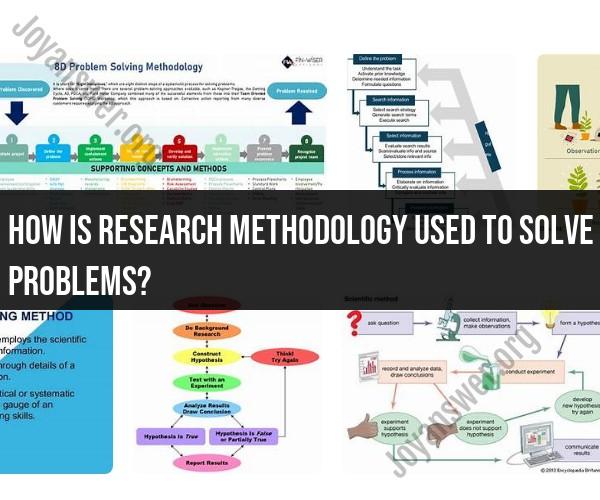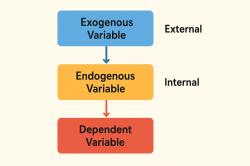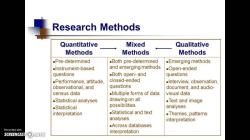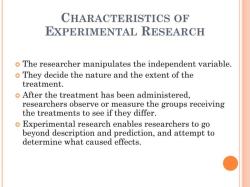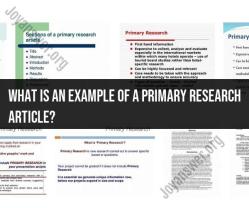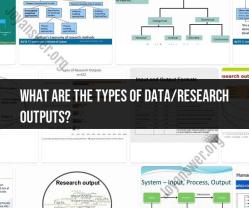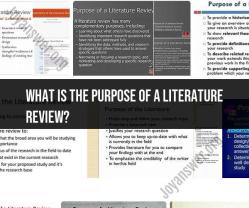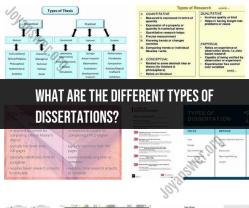How is research methodology used to solve problems?
Research methodology is a systematic approach to conducting research, and it can be applied to problem-solving in various ways. Here's how research methodology can be used to solve problems effectively:
Problem Identification: Research methodology often begins with problem identification. Researchers or problem solvers define the problem they want to address and articulate it clearly. This step involves understanding the scope, nature, and context of the problem.
Literature Review: A literature review is a critical part of research methodology. It involves reviewing existing knowledge, studies, and information related to the problem. This helps in understanding what is already known about the problem, identifying gaps in knowledge, and learning from others' experiences.
Hypothesis Formulation: In research, hypotheses are educated guesses about potential solutions or explanations for a problem. Formulating hypotheses helps guide the research process by providing a focused direction for investigation. In problem-solving, this step might involve generating ideas or theories about the causes or solutions to a problem.
Data Collection: Research methodologies often include data collection techniques such as surveys, interviews, experiments, or observations. In problem-solving, collecting relevant data can help in understanding the problem better, gathering evidence, and making informed decisions.
Data Analysis: Analyzing data is a critical step in both research and problem-solving. Research methodologies provide techniques for data analysis, which can include statistical analysis, content analysis, thematic analysis, or other methods. In problem-solving, data analysis helps in identifying patterns, trends, or relationships that offer insights into potential solutions.
Testing and Experimentation: Research methodologies often involve controlled experiments to test hypotheses. In problem-solving, testing potential solutions or interventions is crucial. This might involve pilot projects, A/B testing, or other experimental approaches to determine what works best.
Interpretation and Conclusion: Research methodologies guide researchers in interpreting data and drawing meaningful conclusions. In problem-solving, this step involves evaluating the results of data analysis and experimentation to determine the best course of action.
Recommendations: Research often leads to recommendations based on findings. In problem-solving, recommendations are the proposed solutions or strategies for addressing the problem. These recommendations should be evidence-based and supported by research findings.
Implementation: In both research and problem-solving, implementation involves putting the proposed solutions or recommendations into practice. This step can be challenging, as it may require changes in processes, policies, or behaviors.
Monitoring and Evaluation: Research methodologies often include methods for ongoing monitoring and evaluation to assess the effectiveness of interventions. In problem-solving, this step helps ensure that the chosen solution is achieving the desired outcomes and can be adjusted if necessary.
Documentation: Proper documentation is essential in research to maintain transparency and allow others to replicate the study. In problem-solving, documentation is crucial for tracking the problem-solving process, including the steps taken and the outcomes achieved.
By applying research methodology principles to problem-solving, individuals and organizations can approach complex challenges in a systematic and evidence-based manner, increasing the likelihood of finding effective solutions.
